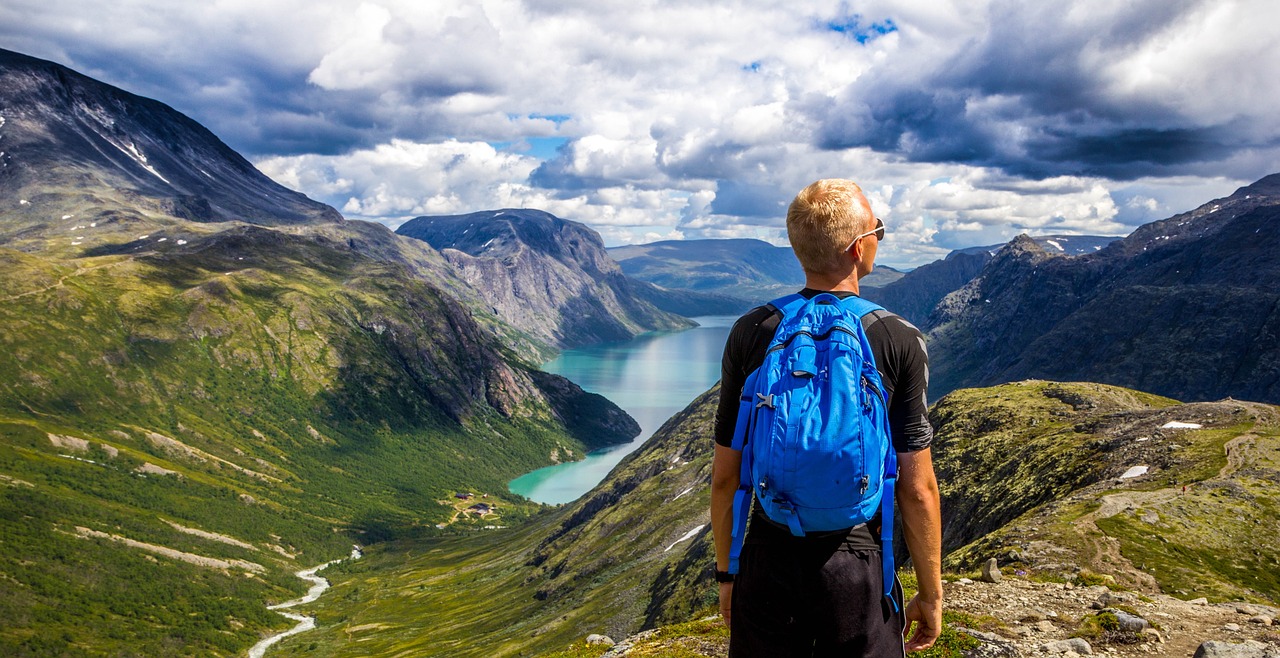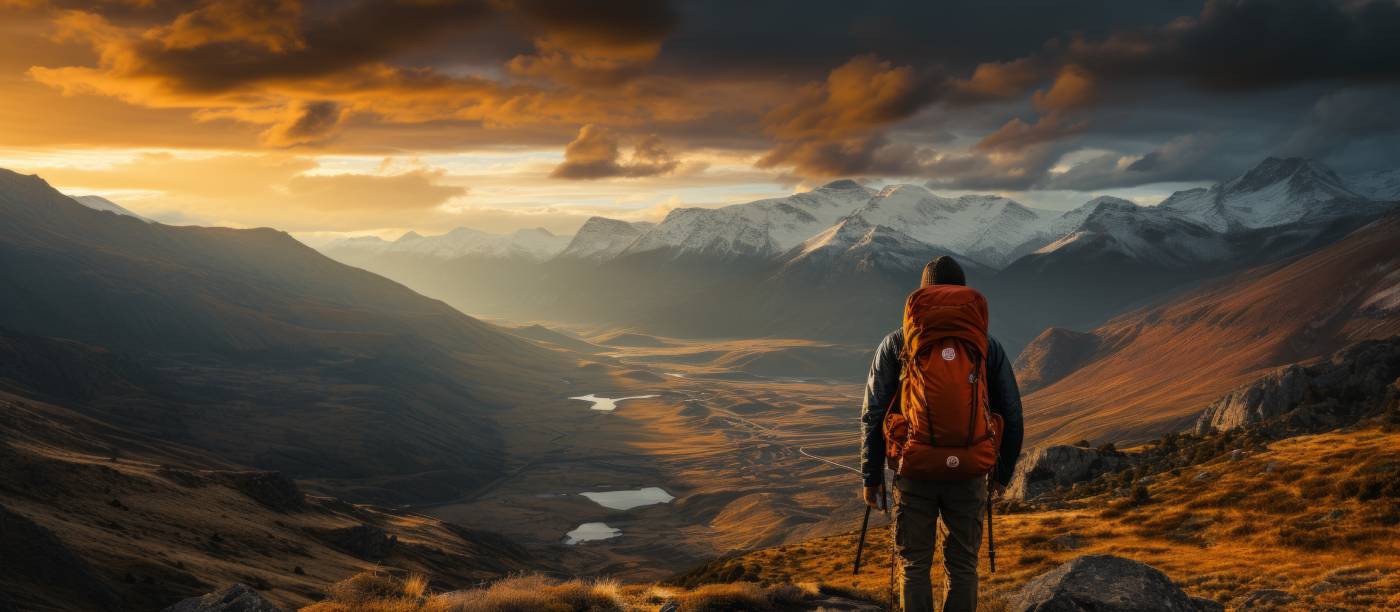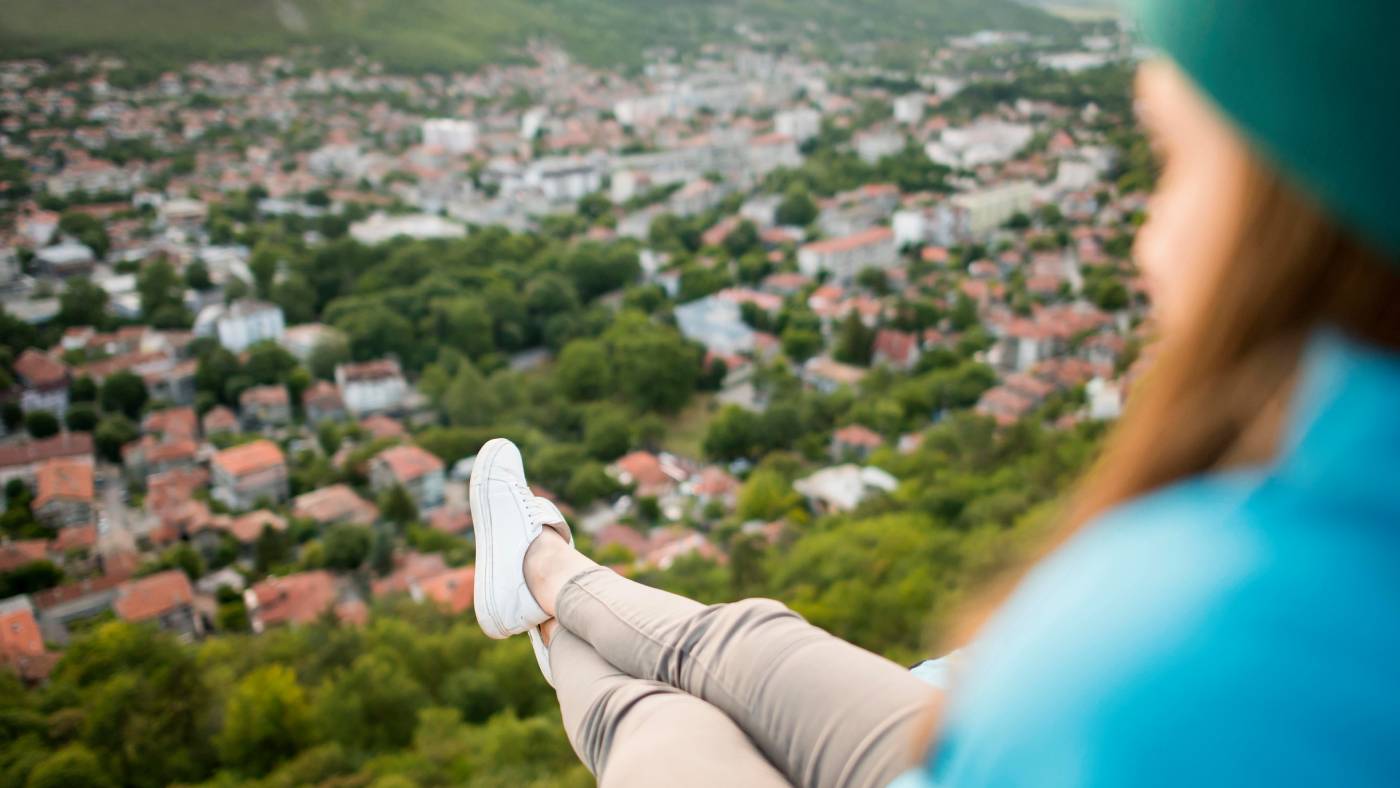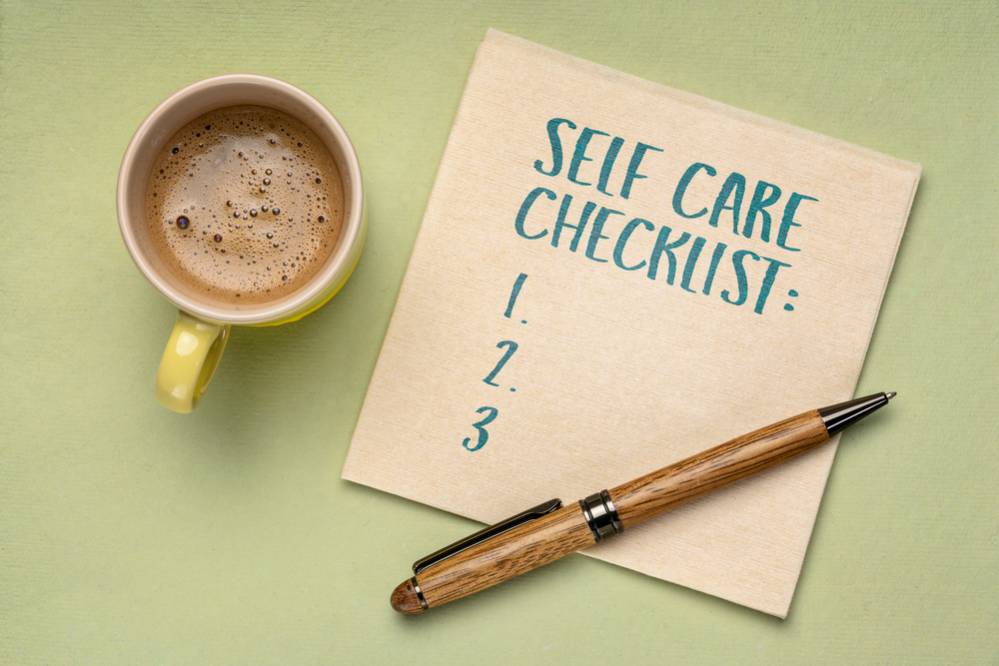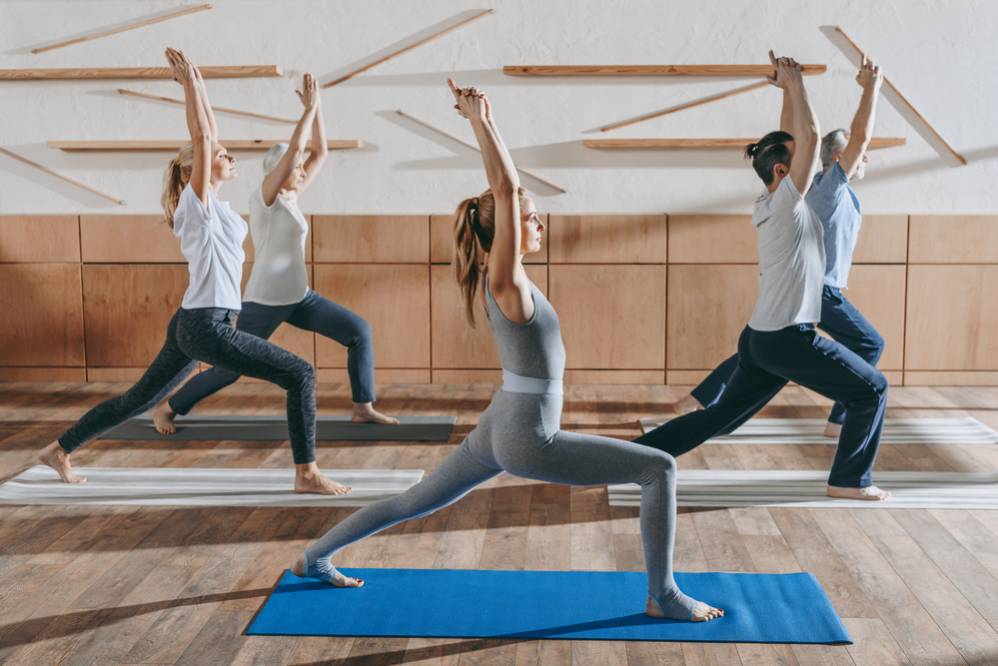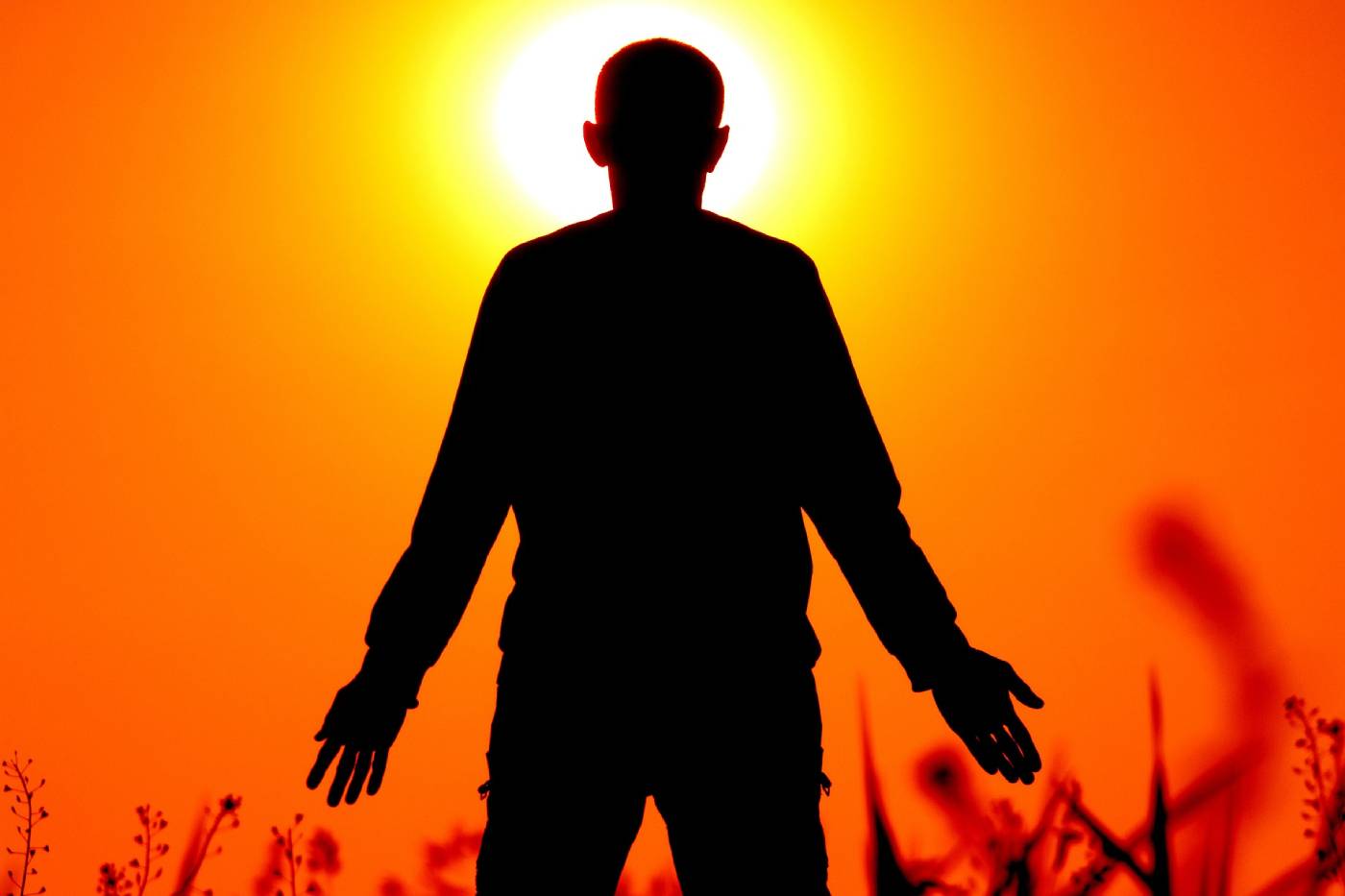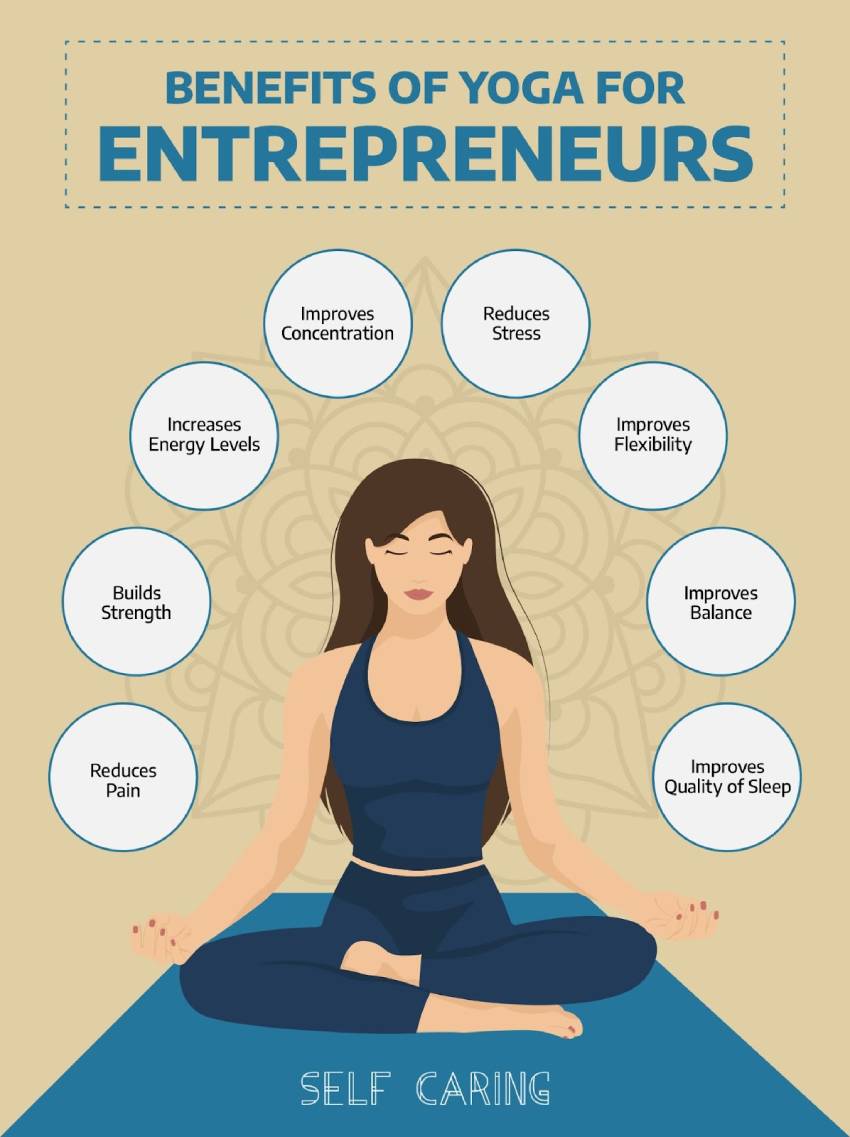Image by Henning Sørby from Pixabay
A guest article from ripped.me
Hiking with a group of friends can be an incredible adventure, filled with fun, laughter, and a bit of sweat. They can support you when you’re feeling drained and be there to share all the ups and downs. But when you’re hiking solo, things are a bit different.
Your focus will shift inward, giving you plenty of time for introspection, developing your own philosophy, and creating a deep connection with nature.
However, you’ll also be solely responsible for navigation, packing, cooking, shelter, safety, and health. How can you pull off a perfect solo hike that goes smoothly?
Research and plan your route
Making the proper trail choice is essential to a fulfilling solo trek. Before you choose your trail, think about your fitness and experience level, and don’t choose something overly demanding. If you don’t know of any trails, consult a good hiking website, find some apps, or dig out a guidebook with trail info, such as lengths, elevation, difficulty, seasonal risks, etc.
Seasonal risks should not be neglected because a flood or surprise snow can completely change the trail, require you to go back, or even put you in some sticky situation. It is essential to download offline maps, and having a physical map and compass with you can be quite useful in areas with patchy mobile service.
To ensure peace of mind, it’s imperative that you notify someone about your itinerary and expected time of return.
Pack smart
Efficient packing is key to enjoying your solo hike. Essentials include adequate water—at least one liter for every two hours of hiking—high-energy snacks, and a well-stocked first aid kit tailored to your medical needs and the specifics of the area you’ll be exploring.
Clothing should be chosen based on the weather; always opt for moisture-wicking materials and avoid cotton. Layering is your best strategy to handle shifts in temperature and conditions comfortably.
Additionally, pack a lightweight but durable raincoat, and consider the weight of your pack—it should contain everything you need without weighing you down, ensuring you can move easily and enjoy your hike.
Choose the right gear
A successful solo hike often comes down to having the right equipment. Among the essential items, a reliable knife stands out for its versatility and importance in outdoor situations. Quality brands like Tektoknives specialize in automatic knives, which are especially useful for hikers.
These knives are easy to deploy with one hand, which means you can handle them while safely holding to a tree or carrying your bag. You will 100% use your knife for preparing food, cutting through the wilderness, and setting up your shelter.
Additionally, invest in quality hiking boots that provide good ankle support and have a grip suitable for varying terrains, and don’t forget a comfortable, breathable backpack that can carry your essentials without straining your back.
Stay connected
You can hike alone to get away from everyone and everything, but you must stay in contact with civilization for your own safety. Although having a fully charged smartphone is essential, you might also want to think about using a satellite messenger or a personal locating beacon (PLB) if you live in an area with spotty coverage.
In an emergency, these gadgets can employ GPS and a distress signal to notify rescue personnel of your whereabouts. These apps can assist you in finding a balance between privacy and security by enabling scheduled check-ins with loved ones, so you can keep them updated on your whereabouts without having to communicate constantly.
Mind your pace and enjoy the scenery
It’s crucial to pay attention to your body and hike at your own speed while you’re by yourself. There’s no need to rush; instead, give yourself permission to stop, drink water, and soak in the surrounding natural beauty. In addition to enhancing the experience, keeping an eye on your surroundings helps to keep you safe by keeping you aware of your surroundings.
If you’re feeling worn out, calm down or take a break. By practicing mindfulness, you’ll not only avoid injuries but also enjoy the hike more. Recall that the purpose of your solitary voyage is to commune with nature and attain tranquility, not to sprint to the end.
With good preparation, your solo hiking trip will be a great success. You’ll achieve all you want (find peace and strength) and avoid all those potentially dangerous situations. We hope that your hike will give you the confidence to embark on more solo adventures in the future, because you’re strong, independent and brave!


